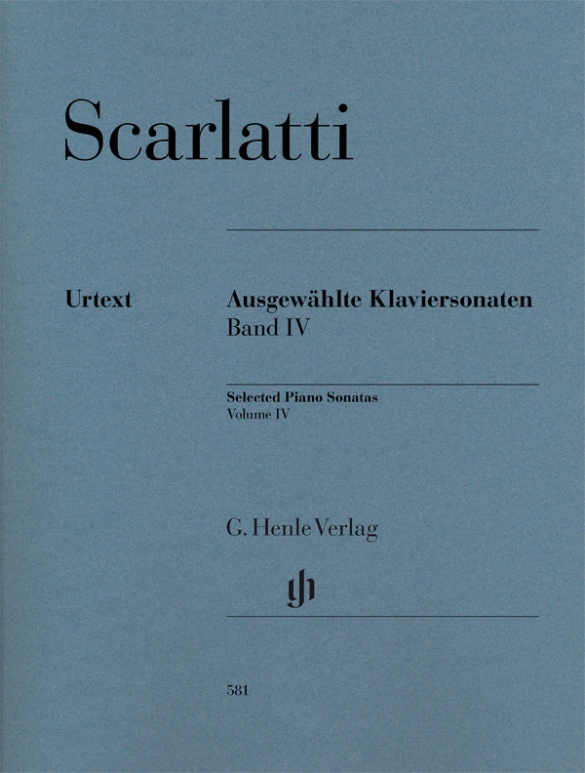

Domenico Scarlatti
Selected Piano Sonatas, Volume IV
Eagerly awaited by countless pianists: a fourth Urtext volume with a selection of pieces from Domenico Scarlatti’s vast sonata output. Whereas in the three collections HN 395, 451 and 476 there is about an equal number of often played and rarely played pieces that were sure to reward the inquisitive, Volume IV is a compilation of “the best of Scarlatti”. In spite of the legendary fair copies from Venice and Parma that constitute the sources, the Scarlatti transmission remains complicated and rich in variants – a circumstance that we account for with a footnote apparatus. Even in these often played sonatas there are many surprising discoveries to be made. Scarlatti Volume IV – a treasure chest of Baroque keyboard gems!
Content/Details
About the Composer
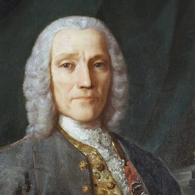
Domenico Scarlatti
Harpsichordist and most important composer of harpsichord sonatas in the first half of the eighteenth century. He left behind over 550 compositions for harpsichord; operas; chamber cantatas; liturgical music, and twelve sinfonias.
| 1685 | Born in Naples on October 26, the son of Alessandro Scarlatti. |
| 1703/04 | Commissioned to write three operas for the Teatro San Bartolomeo in Naples. |
| 1705 | Living in Venice. |
| from 1709 | Music director in Rome; performances of seven operas for Queen Marie Casimire, including “Tetide in Sciro” (1712), “Ifigenia in Aulide” and “Ifigenia in Tauri” (1713), “Amor d’un ombra e gelosia d’un’aura” (“The Love of a Shade and the Jealousy of an Aura,” 1714; in London as “Narciso” in 1720). Composes chamber cantatas and liturgical music. |
| 1714 | Music director of the Cappella Giulia at St. Peter’s Basilica in Rome. During this time, he writes his Stabat Mater. Further opera premieres at the Teatro Capranica. |
| 1719 | Director of the royal musical chapel under João V. Composition of serenades and harpsichord pieces for Maria Barbara, the later queen of Spain. |
| from 1728 | Employment at the Spanish court for the musical entertainment of Ferdinando and Maria Barbara. Instead of operas he now primarily composes harpsichord pieces that frequently adopt features of Iberian folk music (fandangos, seguidillas, polos, boleros); he thereby creates an innovative musical style that does not comply with the rules of strict counterpoint. |
| 1738/39 | Publication of 30 “Essercizi per gravicembalo” (“Exercises for Harpsichord”), which make Scarlatti known throughout Europe. |
| 1752–57 | He orders the preparation of several volumes of his collected sonatas. |
| 1754 | Probably composes his “Missa quatuor vocum” in the stilo antico. |
| 1757 | Composition of the “Salve Regina.” Death in Madrid on July 23. |
About the Authors
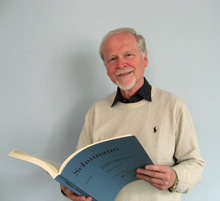
Rolf Koenen (Fingering)
As a pupil, Prof. Rolf Koenen, born in 1946 in Duisburg, had already had contact with Ewald Zimmermann, the first editor at the young publishing house. He studied the piano at the Folkwangschule in Essen with Detlef Kraus, with Ludwig Hoffmann in Munich and with Maria Tipo in Florence.
He gave concerts in a permanent duo partnership with Hansjörg Schellenberger, who was later to become the solo oboe player with the Berlin Philharmonic, and made several recordings with the Deutsche Grammophon-Gesellschaft, with Denon and Sony. Other chamber music partners included András Adorján, Stefan Dohr, Wolfgang Schulz, Claes H. Ahnsjö. Following a teaching position in Munich, Rolf Koenen was appointed as a professor at the Berlin University of the Arts in 1982.
Product Safety Informations (GPSR)

G. Henle Verlag
Here you can find the information about the manufacturer of the product.G. Henle Verlag e.K.
Forstenrieder Allee 122
81476 München
Germany
info@henle.de
www.henle.com
recommendations
autogenerated_cross_selling
Further editions of this title
Further editions of this title


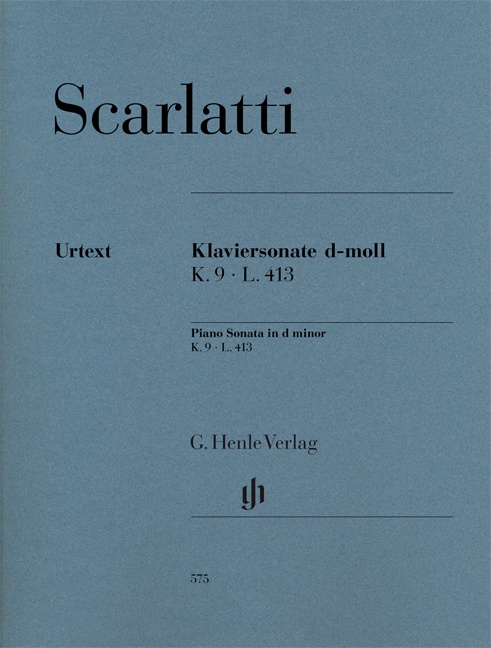

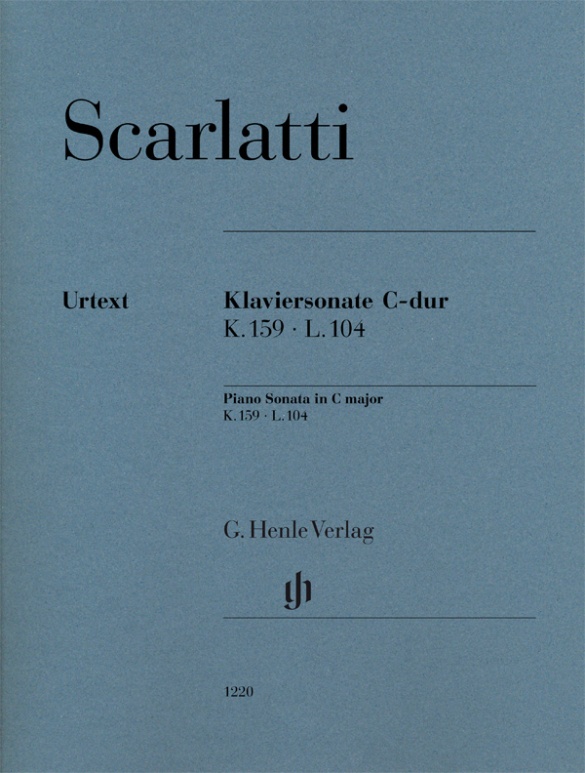
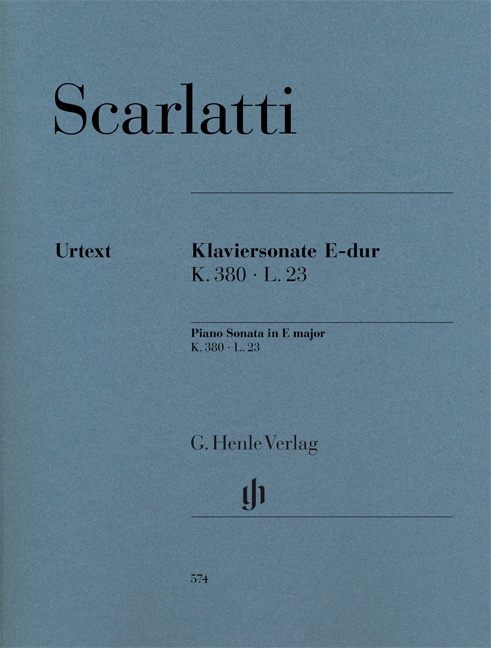
(not available in the printed editions)
available free-of-charge: Download